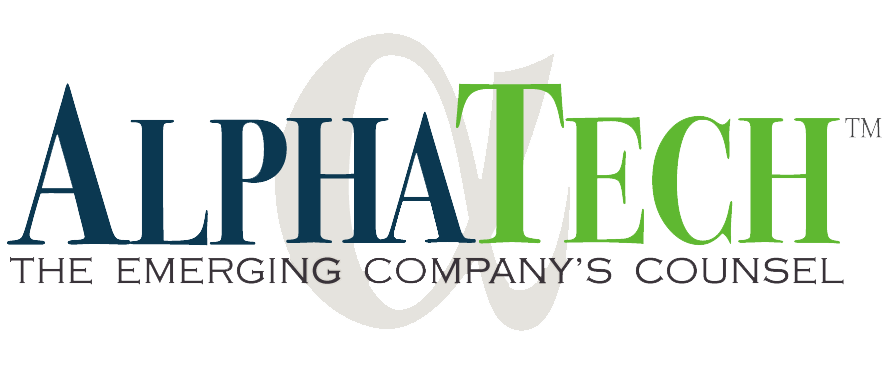Executives who have not led a sale or merger of a company before are often caught off-guard by how much work goes into due diligence. For many who are successful, the building of the business crescendos and culminates in a sale. The term sheet is signed, you smell the money, and perhaps even book your post-closing vacation, but you may not realize that you’ve just signed up to run a muddy obstacle course race while also running your business. Your next several weeks, maybe months, will be consumed by responding to page after page of information and document requests from your potential acquirer. You will be questioned about all aspects of the business. Because you want to keep the pending transaction under the radar and limit the impact on your business if the deal does not go through, you assemble the smallest employee team possible to help you with the transaction. You may find yourself requesting files and summaries from various employees in the guise of another business need, copying after hours, and arranging off-site meetings with the acquiror.
To preserve some of your sanity during an M&A transaction, there are steps that you can take in advance to prepare for due diligence. Continue reading →
